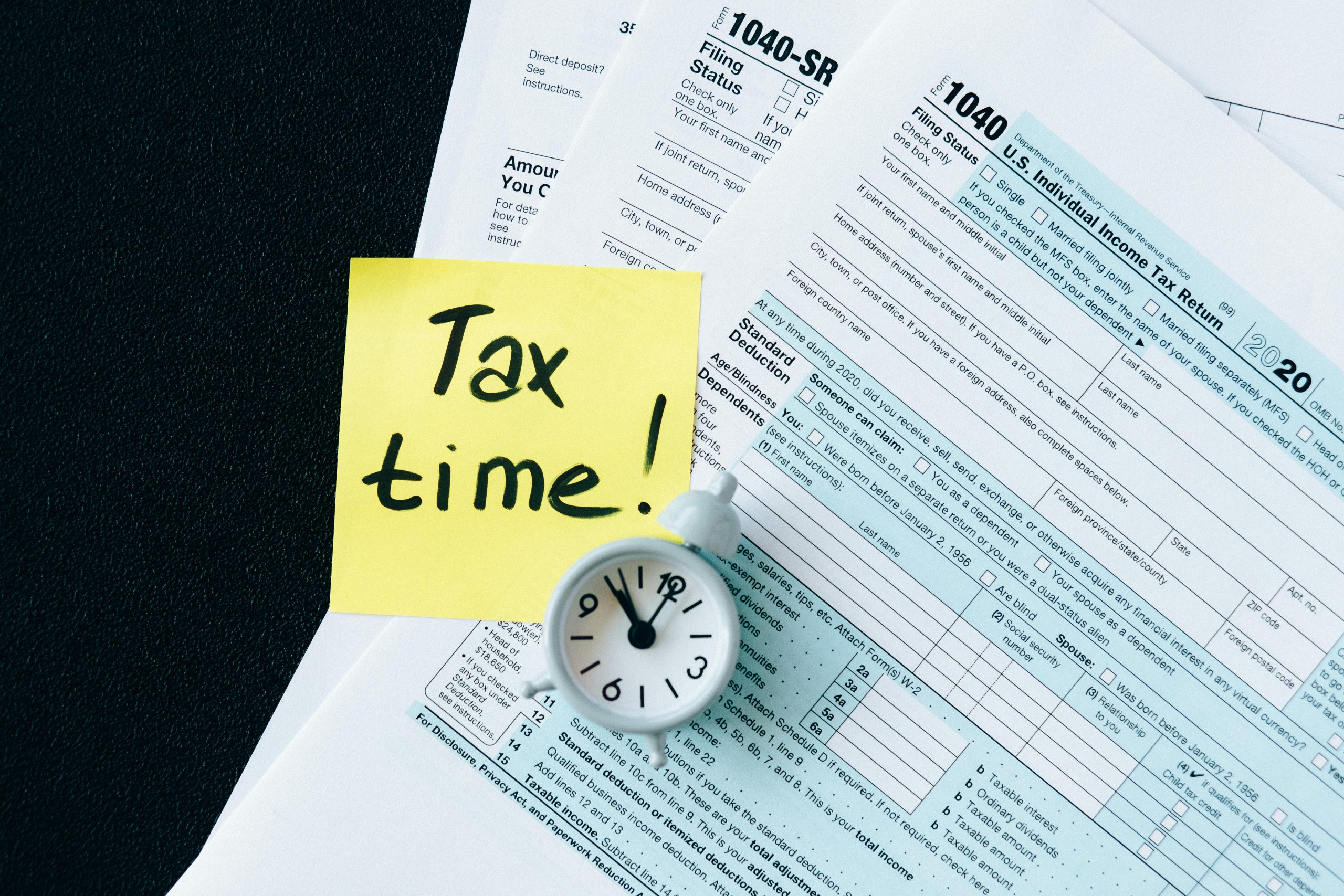For many years, companies and entrepreneurs looking for a business-friendly atmosphere have turned to the UAE. The nation’s network of Tax Free Zones provides substantial benefits to businesses, such as 100% foreign ownership, zero customs charges, and, most importantly, one of its most alluring characteristics is the exemptions from Corporate Tax under certain circumstances.
With the implementation of UAE tax free Corporate Tax regulations in June 2023, numerous entrepreneurs are asking: “Where can businesses still avoid Corporate Tax in the UAE?”
UAE Tax Free Zones: What Are They?
Free zones, often referred to as Tax Free Zones, are economic zones that are recognized and subject to specific rules. The original objectives of these zones were to increase economic diversity, draw in foreign investment, and promote sector-specific growth in industries including technology, media, healthcare, finance, and logistics.
There are more than 40 Tax Free Zones in the UAE, and the Dubai free zone Corporate Tax policy is among the most well-known and advantageous for foreign companies.
Readmore: Corporate Tax on Real Estate
Advantages of Establishing Businesses in UAE Tax Freezones
Tax relief is not the only reason why Tax Free Zones are appealing. Organizations located in these areas can gain from:
- 100% complete ownership without a sponsor requirement.
- There are no import or export taxes in the region.
- Streamlined licensing and visa procedures.
- Modern infrastructure and easy access to international trade routes.
- Industry-specific incentives and assistance.
- Potentially 0% Corporate Tax on qualifying revenue.
Implying the above-mentioned benefits effectively, Tax Free Zones are a great option for new businesses, SMEs, and multinational firms wishing to expand into the UAE.
Corporate Tax in the UAE: What’s New
A Federal Corporate Tax of 9% on yearly firm revenues over AED 375,000 was implemented in the UAE on June 1, 2023. But the law also has unique rules for Qualifying Free Zone Persons (QFZP), who are exempt from paying taxes.
Accordingly, businesses that operate in Tax Free Zones are still eligible for 0% Corporate Tax, but only if they fulfil several rigorous requirements.
How Businesses Can Be Eligible for the 0% Corporate Tax Free Zones
Businesses in UAE Tax Free Zones must be regarded by the legislation as Qualifying Free Zone Persons to keep their tax-free status. Among the conditions are:
1: Situating a Specific Tax-Free Area:
The company must be licensed and registered in one of the UAE’s legally approved Tax Free Zones. Although each zone has its own set of rules, they are all subject to Federal Tax Laws (FTA)
2: Verified Accounting Statements:
Following the rules of the UAE tax administration, entities must keep and submit audited financial accounts.
3: Substance Standards
Companies must have significant operations in the Free Zone, including employees, physical space, and license-aligned activities to effectively run their business operations.
4: Income Requirements
The 0% Tax Rate is only available on certain types of income, such as:
- Deals with other Tax Free Zone organizations
- Revenue from services and sales abroad
- Passive revenues such as Interests, Profits, and Payouts
- Earnings from real estate holdings in the same tax-free area
*Unless a mainland branch is used, income from mainland UAE businesses is typically subject to the 9% corporate tax.
Effective UAE Tax Free Zones for Avoiding Corporate Tax
Businesses must operate inside a qualified free zone and fulfil certain requirements to avoid Dubai free zone Corporate Tax and other emirate-level taxes. The following are some of the most well-known areas where companies can still take advantage of the UAE’s tax-free Corporate Tax status:
1: DMCC
Dubai Multi Commodities Centre (DMCC), the biggest and most prosperous tax-free zone in the world, is situated right in the center of Dubai, serving professionals and commodities. Frequently chosen due to its advantageous location and strong infrastructure.
2: DAFZA
Dubai Airport Freezone (DAFZA) provides an outstanding setting for businesses involved in commerce and aviation. International firms choose this location because it offers 0% corporate tax on qualified income to eligible enterprises.
3: JAFZA
Jabel Ali Free Zone (JAFZA) permits complete foreign ownership and provides import/export duty exemption. Businesses in manufacturing and distribution that want to take advantage of their closeness to the Jebel Ali Port will find it adequate.
4: SHAMS
Sharjah Media City, one of the latest tax-free zones, serves creative businesses by providing affordable business set-up services along with tax benefits for qualifying organizations.
5: ADGM
Abu Dhabi Global Market, a financial services specialist, offers a competitive tax environment, and according to tax-freezone regulations, eligible companies can avoid corporate tax here.
6: RAKEZ
Ras Al Khaima Economic Zone offers customized programs for SMEs and startups in commercial and industrial areas, and its advantageous tax structure and minimal operational expenses make it appealing.
Frequent Errors That Cause Tax Liabilities
Even though Tax Free Zones have many benefits, mistakes might result in the loss of tax exemptions. Businesses must be mindful of these usual errors:
- Not maintaining accurate, audited financial records
- Doing business in the UAE mainland without having the appropriate framework
- Lacking local infrastructure and office equipment
- Generating more than 5% or AED 5 million in non-qualifying income
*If a business fails to comply with the FTA regulations, it could be subject to the 9% corporate tax on all income generated.
Dubai Freezone Corporate Tax: Is It Still 0%
Indeed, under the new federal structure, the Corporate Tax Rate in the Dubai Free Zone may remain at 0%.
To stay in compliance, businesses operating in Dubai’s several Tax Free Zones, including DIFC, DMCC, DAFZA, and Dubai South, must carefully coordinate their activities and documents.
While focusing on qualifying income, businesses must ensure there is actual commercial activity in the zone, and fulfilling all reporting requirements is highly crucial to stay compliant.
Tax Planning Suggestions for Free Zone Businesses:
The following approaches can assist companies in preserving their tax-free status:
- Separate commercial operations for mainland and free zone organizations
- Ensure employees are physically present and the office space is situated in the free zone.
- Perform routine audits to ensure financial transparency.
- Steer clear of non-tax-exempt income sources.
- Maintain UAE tax-free business tax compliance by collaborating with tax consultants.
Concluding Remarks: Are UAE Tax Free Zones Still Valuable?
The UAE is still among the world’s most tax-friendly nations, even after the implementation of the federal Corporation Tax. Tax Free Zones continue to offer significant benefits to businesses, such as 0% Corporate Tax on eligible revenue.
To guarantee compliance, it is crucial to comprehend the new regulations, restructure when necessary, and collaborate closely with specialists. Operating in a tax-free zone is still an effective approach for starting and expanding a business while lowering tax liability when done effectively.
How SimplySolved Can Help
It takes extensive knowledge and diligent compliance to navigate the changing regulations surrounding Tax Free Zones and preserve eligibility for UAE tax-free Corporate Tax benefits. SimplySolved specializes in assisting companies in optimizing tax savings while maintaining complete compliance with federal corporate tax laws in the UAE.
Through strategic insights that maintain tax efficiency and compliance, businesses can guarantee SimplySolved as a reliable partner in handling the complex regulations of UAE Corporate Tax for free zone organizations that ensure compliance while securing tax-free advantages for businesses.



